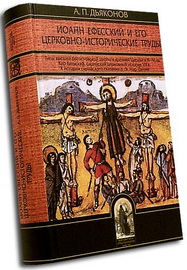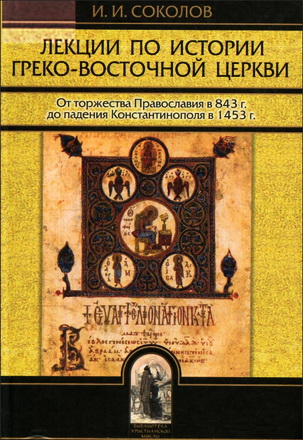
Wolfe - Epistemology
The basic outline ofthis book began to take shape about ten years ago when I agreed to teach a course in religious epistemology at Trinity Evangelical Divinity School. After teaching it several times there, it received a new embodiment at Gordon College as an undergraduate course.
Along the way I have benefited enormously from interaction with my students. It is chiefly them I wish to thank for refinements in the ideas presented here. Space and memory limitations do not permit me to mention all who have given me valuable criticism and suggestions, but I especially wish to express gratitude to Keith Cooper, Galen Johnson, William Luck and Arthur Moen. It was the encouragement ofmy students, more than anything else, that prompted me to offer these pages for publication.
It is, therefore, a book intended for students who are making up their minds about these important issues.
David L. Wolfe - Epistemology: The Justification of Belief
Intervarsity Pr, 1983.
David L. Wolfe - Epistemology: The Justification of Belief - Content
1. Introductory Considerations
2. Approaches to Justification
- Pure Rationalism
- Immediate Experience
- Reasoning from Experience
- Critical Interpretation
- Relativism
3. The Problem of Criteria
- The Notion of"Criteria"
- Criteria for Truth
- The Structure of Warrant
- The Contextual Nature ofTesting
- The Role ofExperience
- The Status of Warranted Beliefi
- The Problem ofPluralism
4. Reason and Religious Belief
- Doubt
- Criticism and Religious Commitment
- The]udeo-Christian Attitude toward Testing
- A Personal Note 82
Notes Bs
Further Reading
David L. Wolfe - Epistemology: The Justification of Belief - General Preface
The Contours of Christian Philosophy series will consist of short introductory-level textbooks in the various fields of philosophy. These books will introduce readers to major problems and alter-native ways of dealing with those problems. These books, how-ever, will differ from most in that they will evaluate alternative viewpoints not only with regard to their general strength, but also with regard to their value in the construction of a Christian world and life view. Thus, the books will explore the implications of the various views for Christian theology as well as the implica-tions that Christian convictions might have for the philosophical issues discussed. It is crucial that Christians attain a greater degree of philosophical awareness in order to improve the quality of general scholarship and evangelical theology. My hope is that this series will contribute to that end.
Although the books are intended as examples of Christian scholarship, it is hoped that they will be of value to others as well; these issues should concern all thoughtful persons. The assump-tion which underlies this hope is that complete neutrality in philosophy is neither possible nor desirable. Philosophical work always reflects a person’s deepest commitments. Such commit-ments, however, do not preclude a genuine striving for critical honesty.
C. Stephen Evans Series Editor
Although the books are intended as examples of Christian scholarship, it is hoped that they will be of value to others as well; these issues should concern all thoughtful persons. The assump-tion which underlies this hope is that complete neutrality in philosophy is neither possible nor desirable. Philosophical work always reflects a person’s deepest commitments. Such commit-ments, however, do not preclude a genuine striving for critical honesty.
C. Stephen Evans Series Editor





Комментарии (1 комментарий)
https://equalibra.org/ru/book/otkuda-my-znaem-religioznaya-epistemologiya/